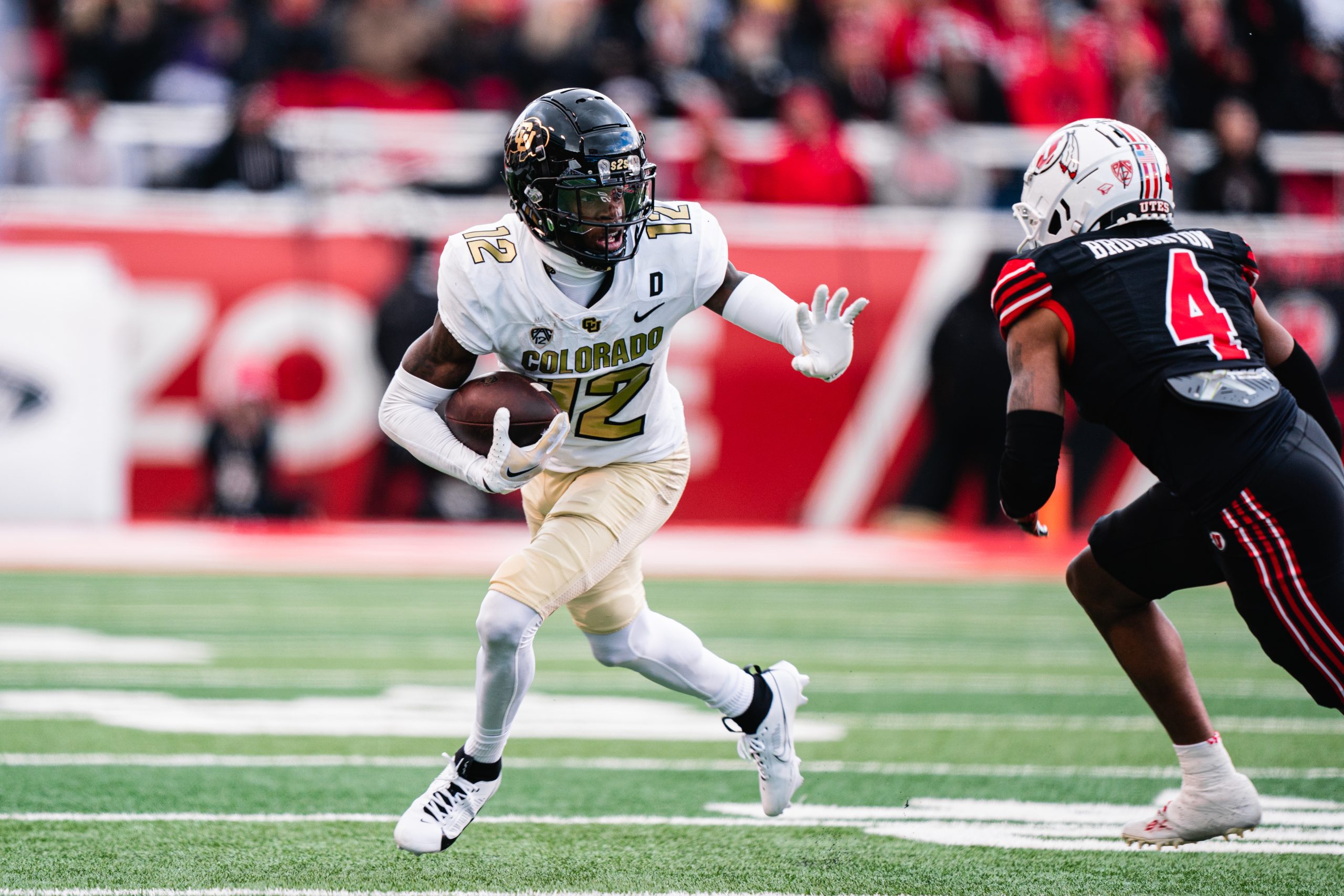Mission & Overview
Mission:
The mission of the Paul Hornung Award presented by Texas Roadhouse is to recognize and reward versatile, high-level performers in major college football (Football Bowl Subdivision team member); to help preserve the legacy of one of Louisville’s native sons and sports icons; and to promote Louisville as a great sports town.
Overview:
The Paul Hornung Award is given annually by the Louisville Sports Commission (LSC) to the most versatile player in major college football. The Award was created by the LSC in January 2010 with the support of the Golden Boy himself, Paul Hornung, a native and lifelong resident of Louisville and member of the College and Pro Football Halls of Fame.
Hornung is considered by many the most versatile player in the history of college and pro football. He won the 1956 Heisman Trophy at quarterback for Notre Dame and was the number one pick in the 1957 NFL draft. He played every position in the backfield during his career with the Irish, where he also punted, kicked, returned kicks, and played defensive back. While in the NFL, Hornung was a multi-threat offensive back and prolific kicker. He was a member of four NFL championship teams as an all-pro halfback for the Green Bay Packers and led the NFL in scoring 1959-60-61, set the single season scoring record in 1960 with 176 points, and was named League MVP following the 1961 season.
In the spirit of partnership with Paul Hornung, the LSC oversees and administers all aspects of the Award including budget, selection process, marketing and PR, banquet, trophy, sponsorships, and hospitality. An Advisory Committee comprised of the LSC President and CEO, board leadership, and local business leaders provides guidance to insure the integrity of the Award.
In 2016 the Paul Hornung Award became an associate member of the prestigious National College Football Awards Association (NCFAA). Founded in 1997, the NCFAA includes college football’s most prestigious awards and its 24 awards have honored more than 900 recipients dating back to 1935.
